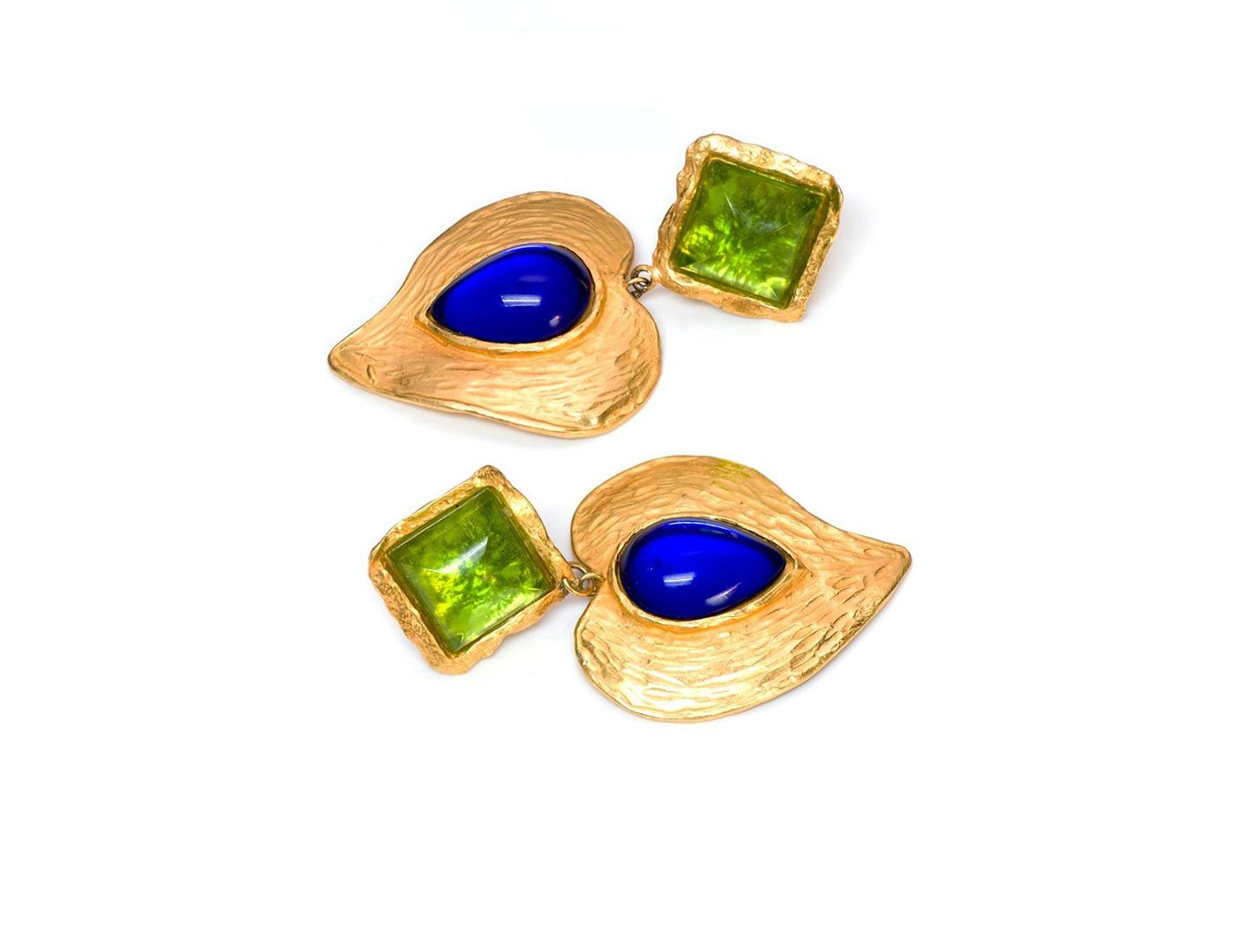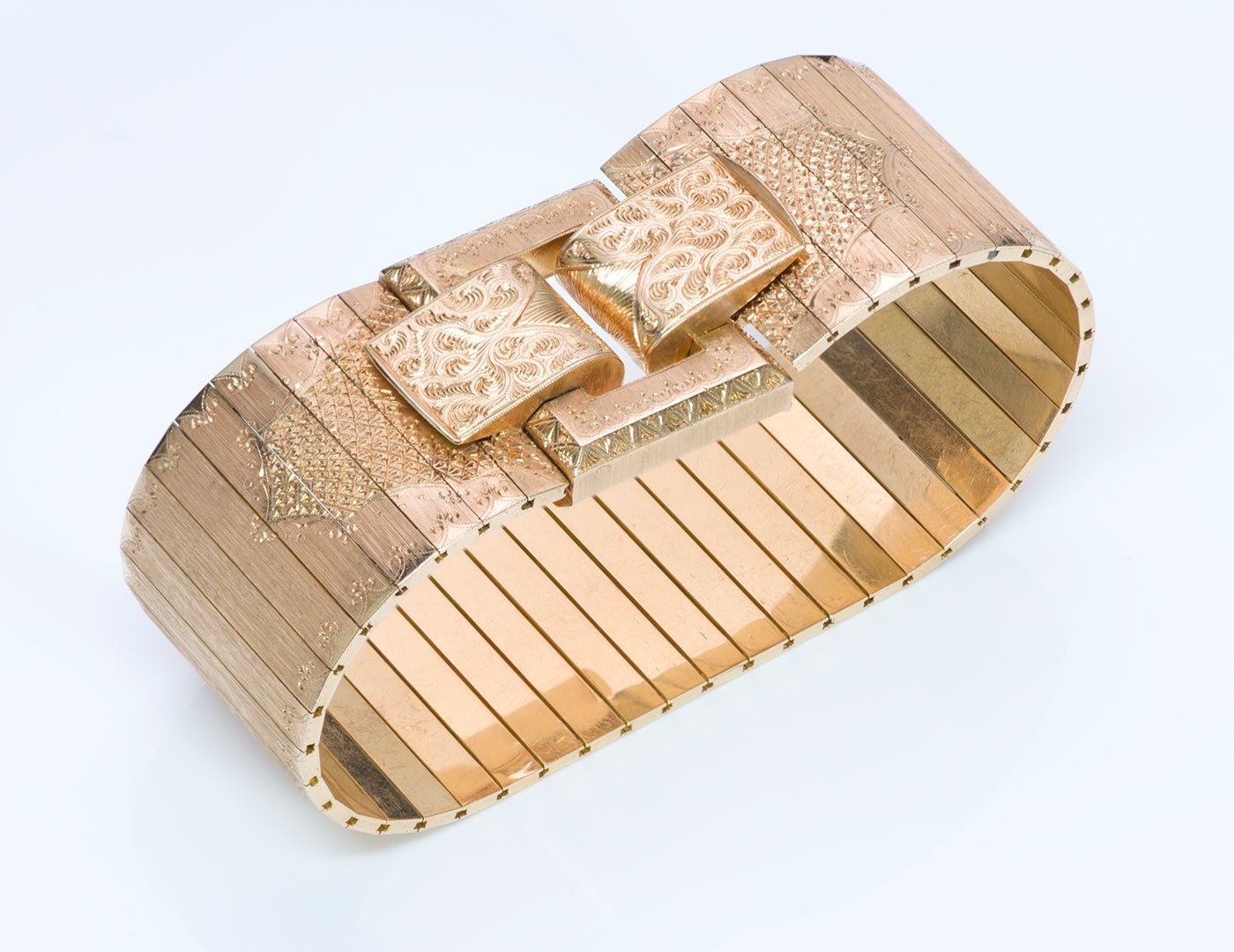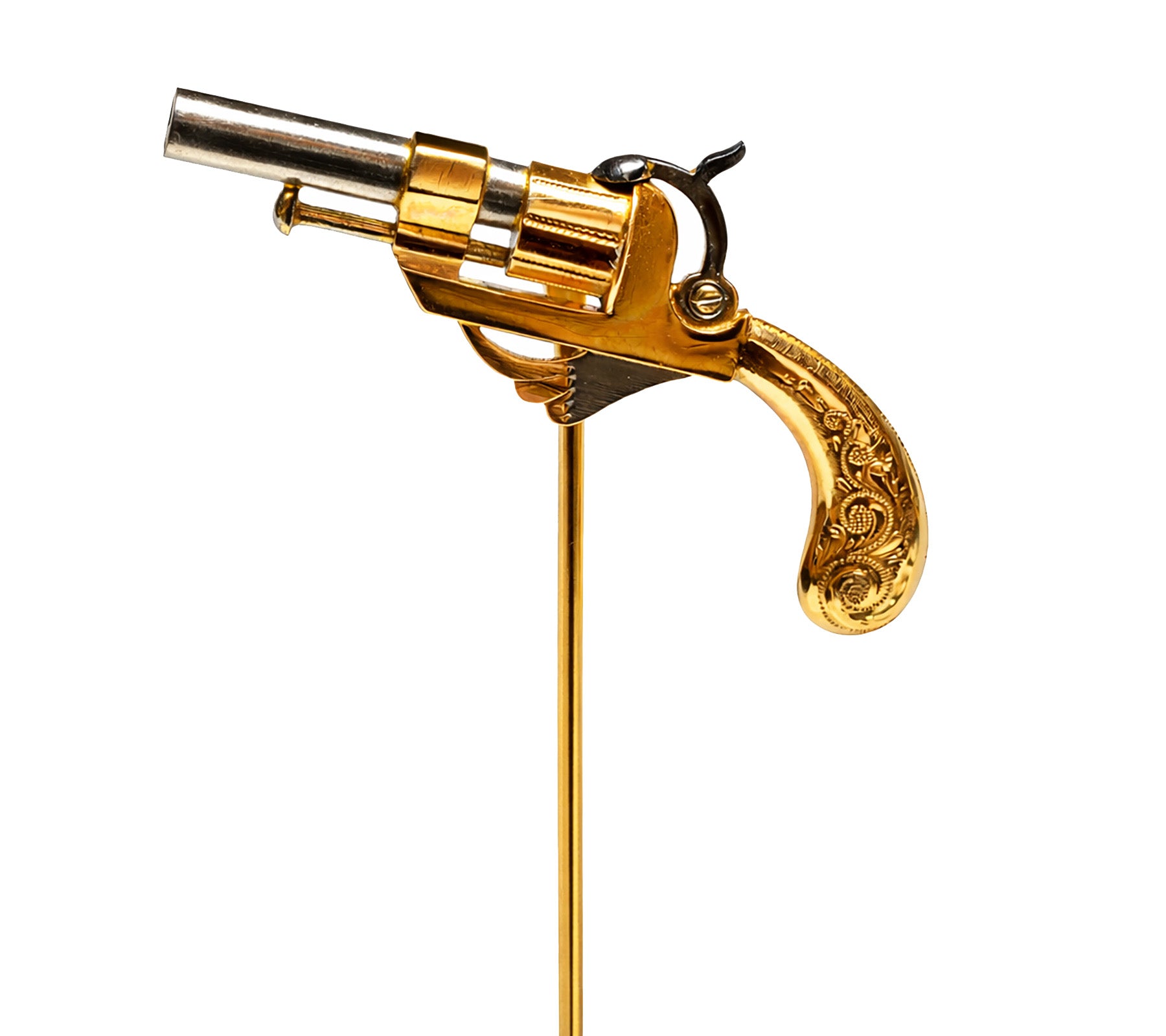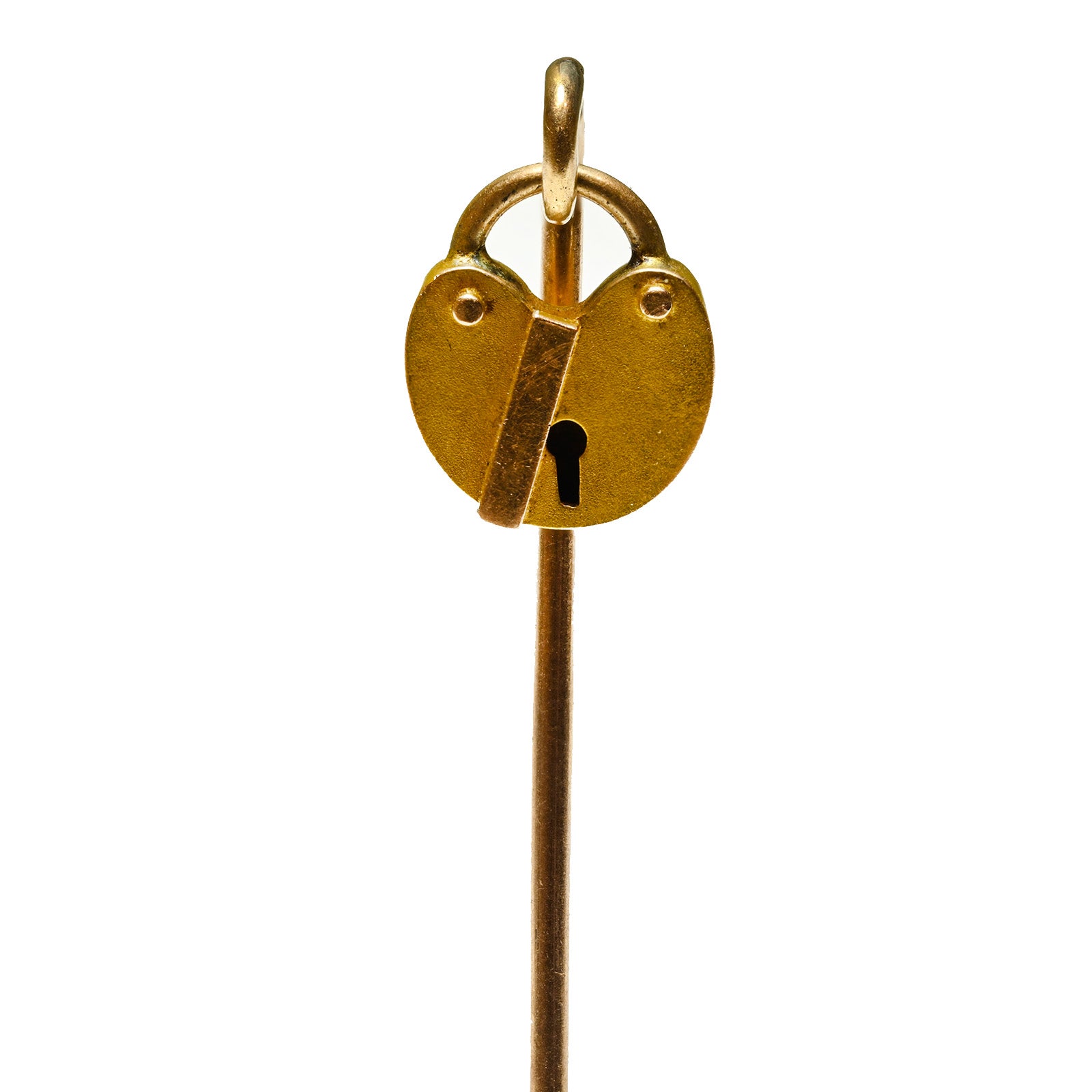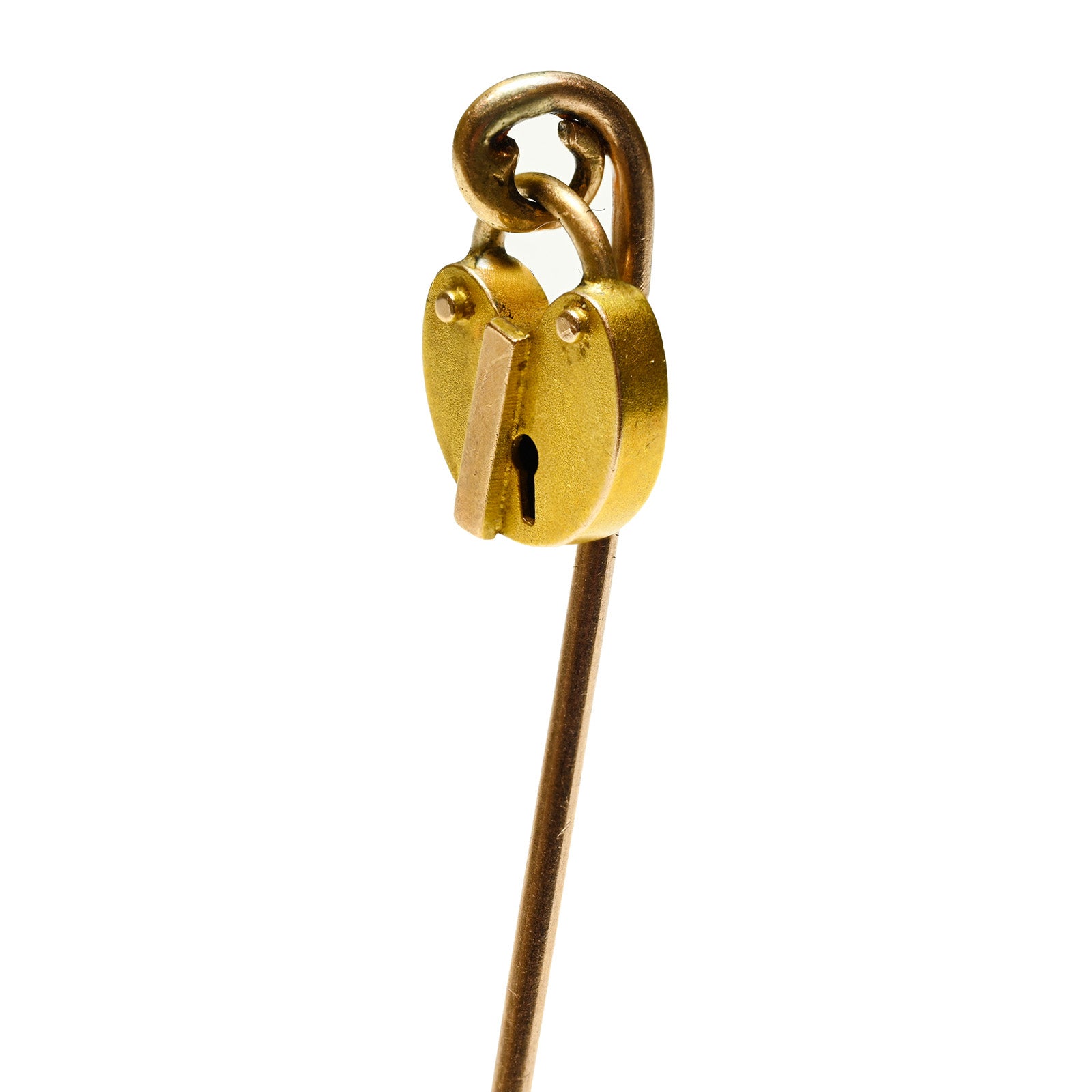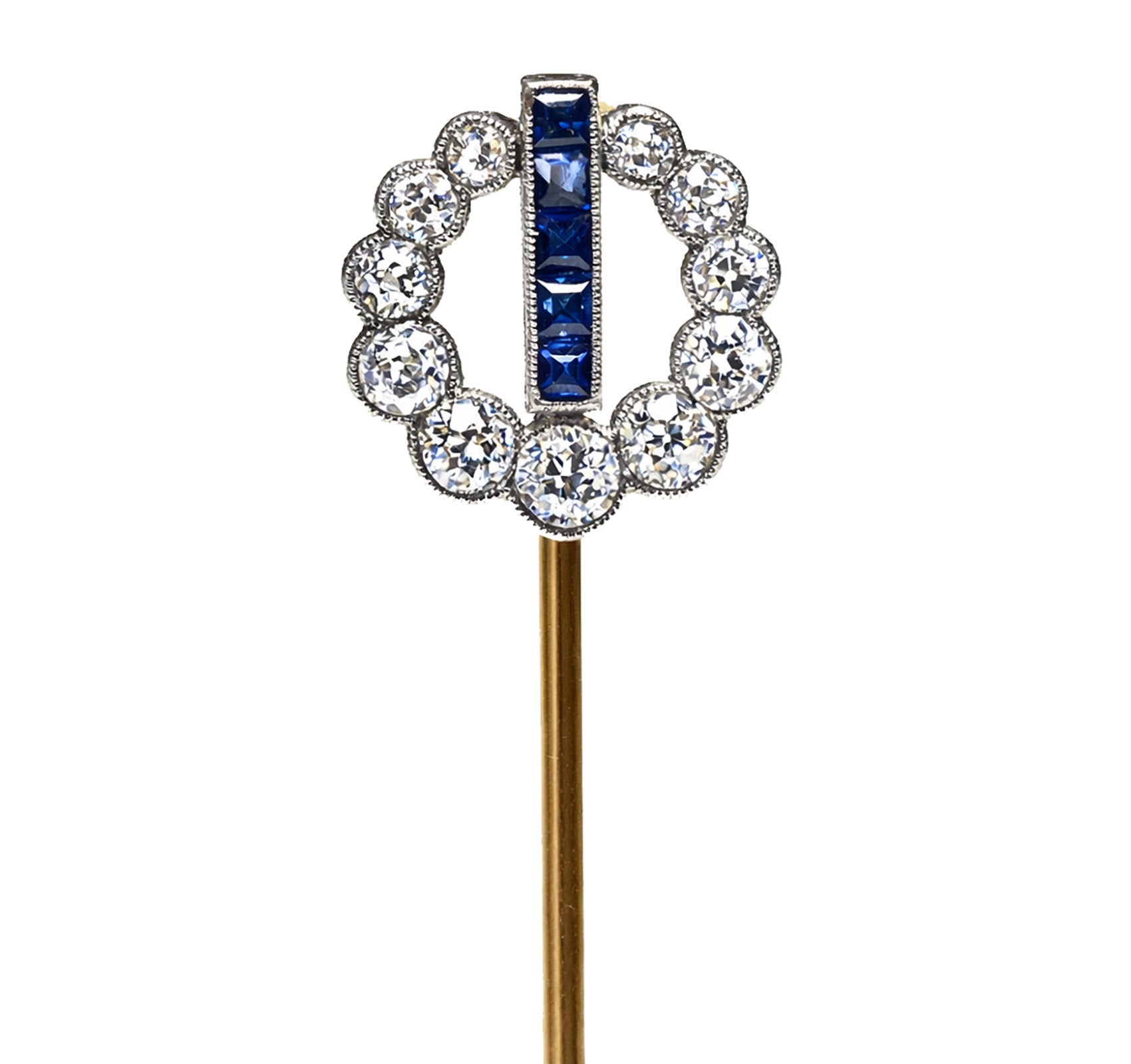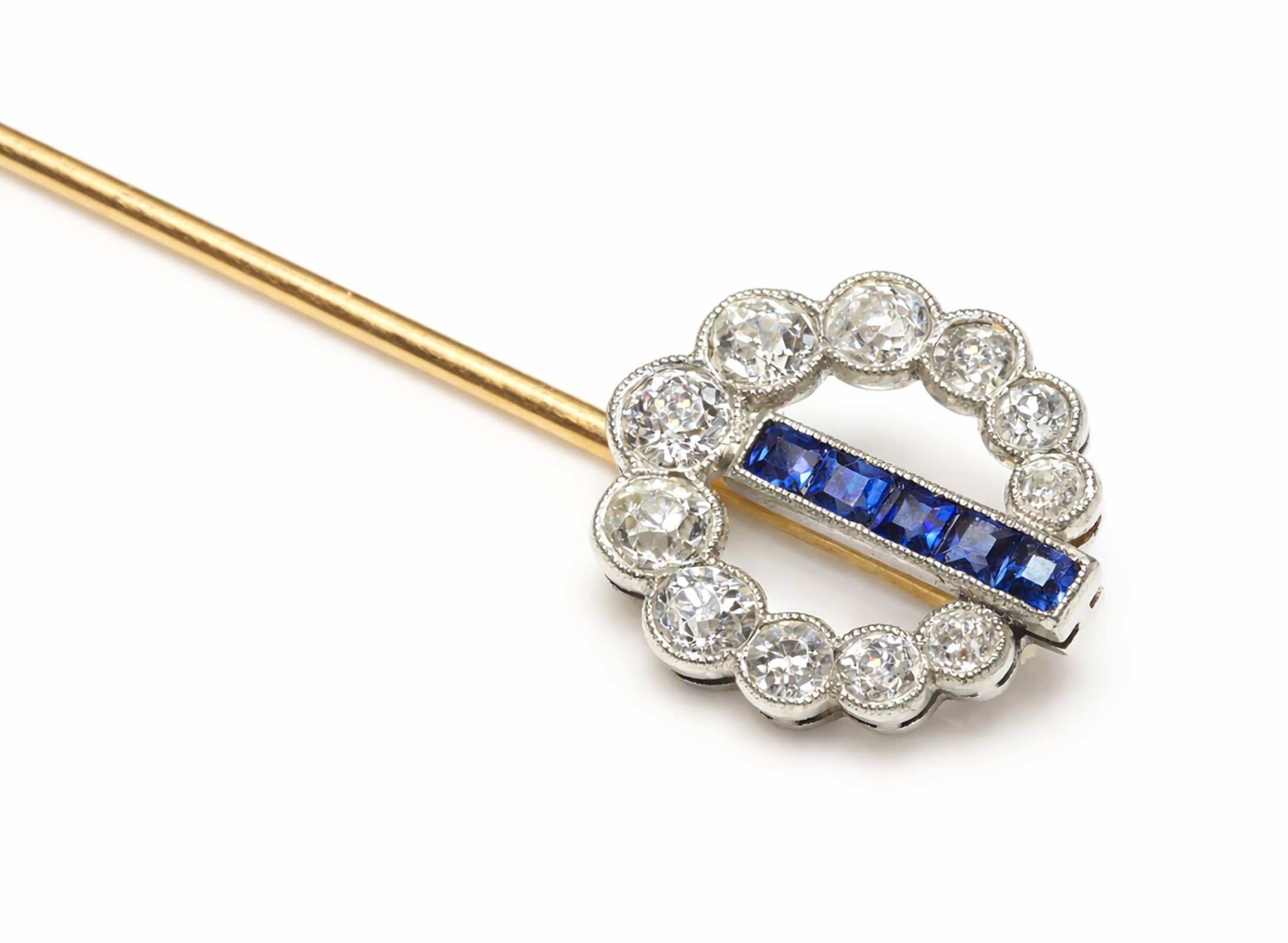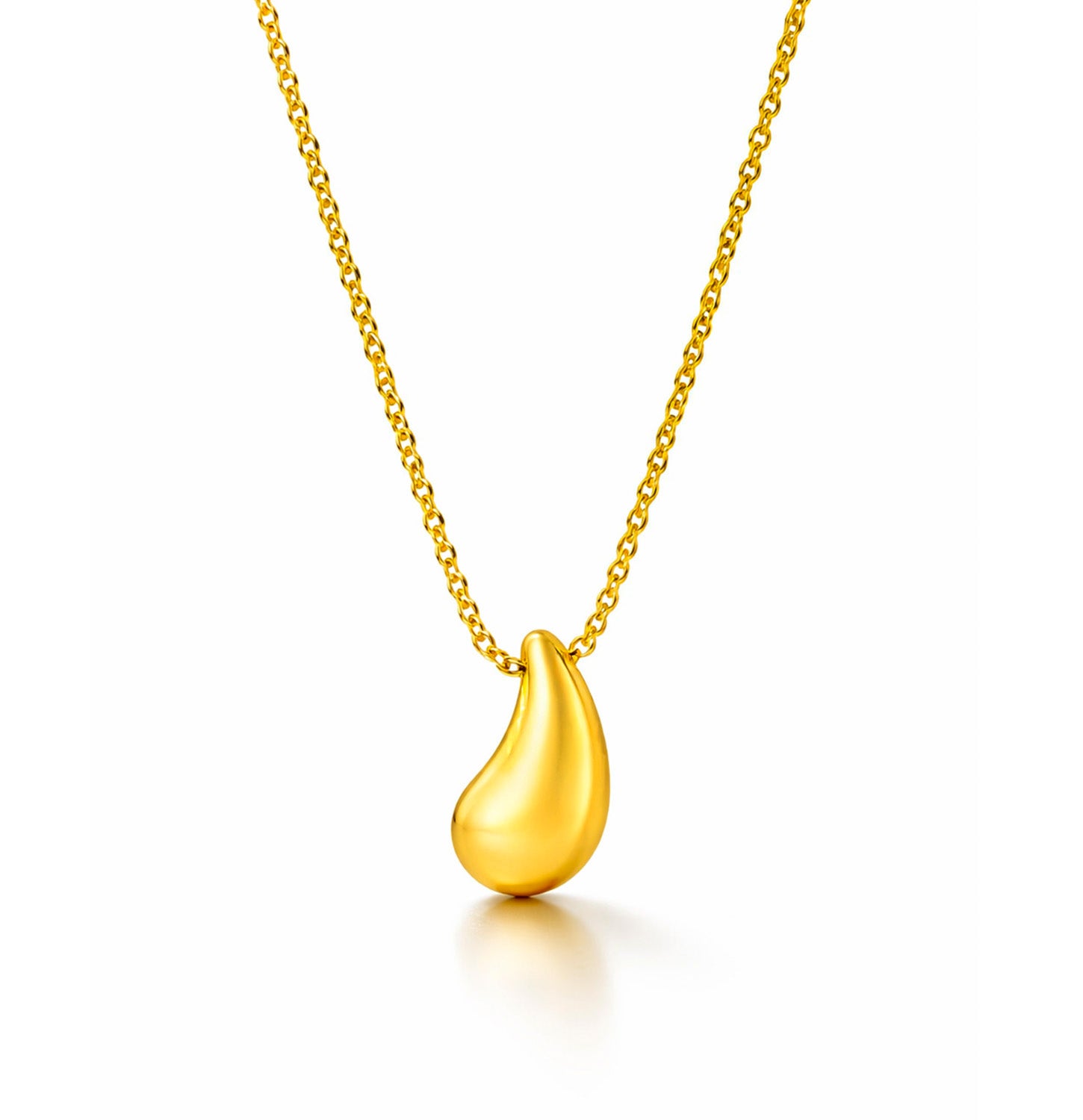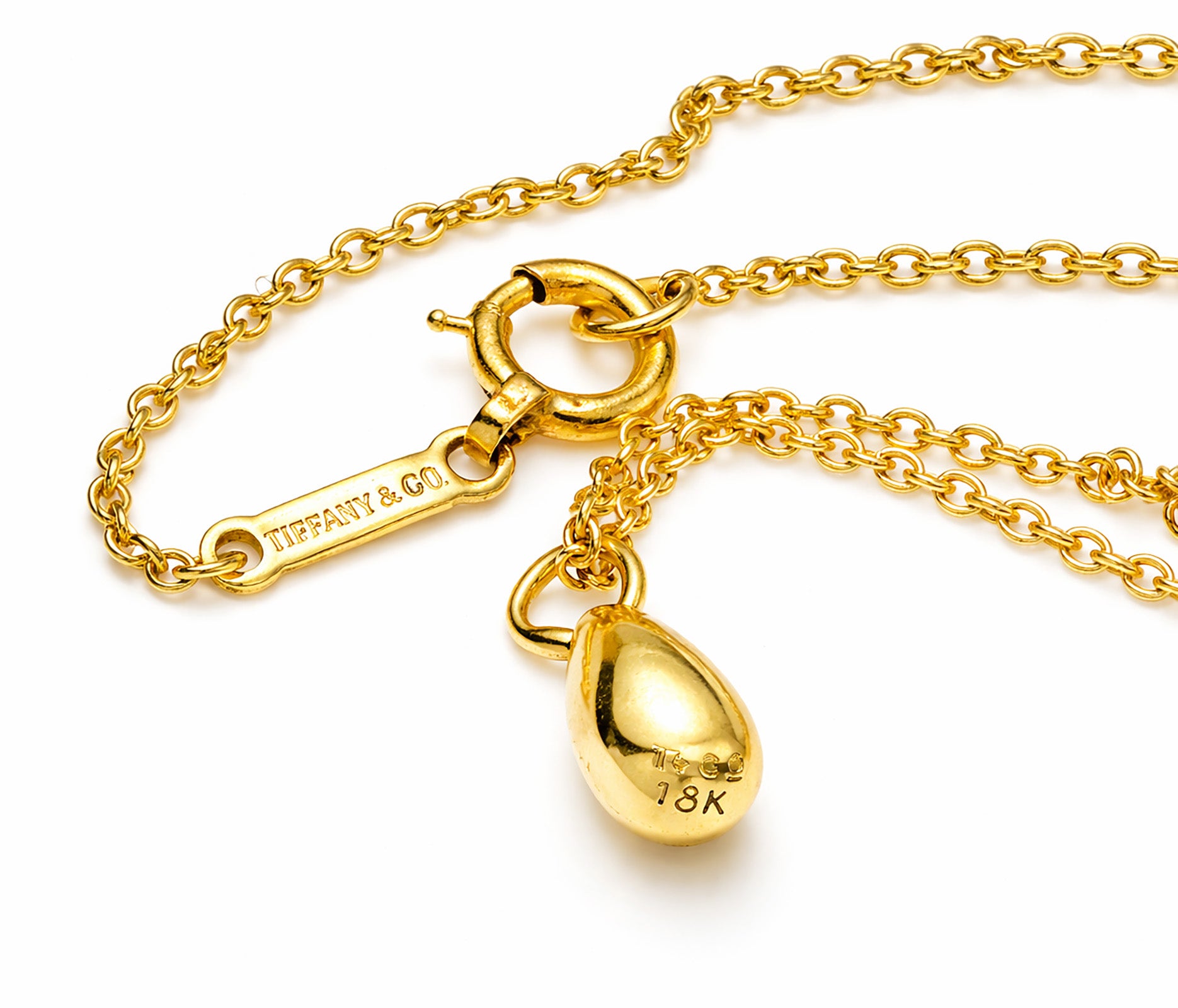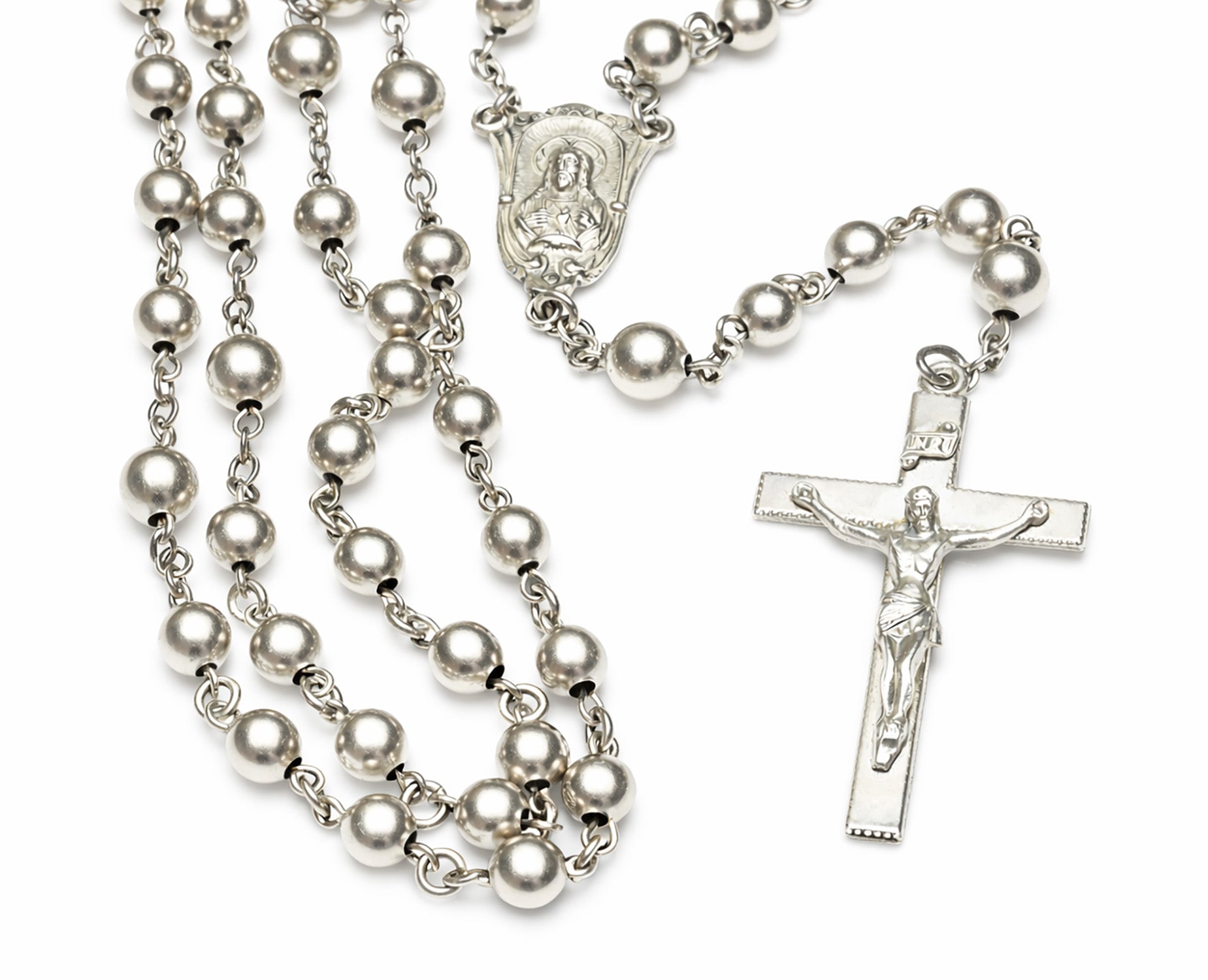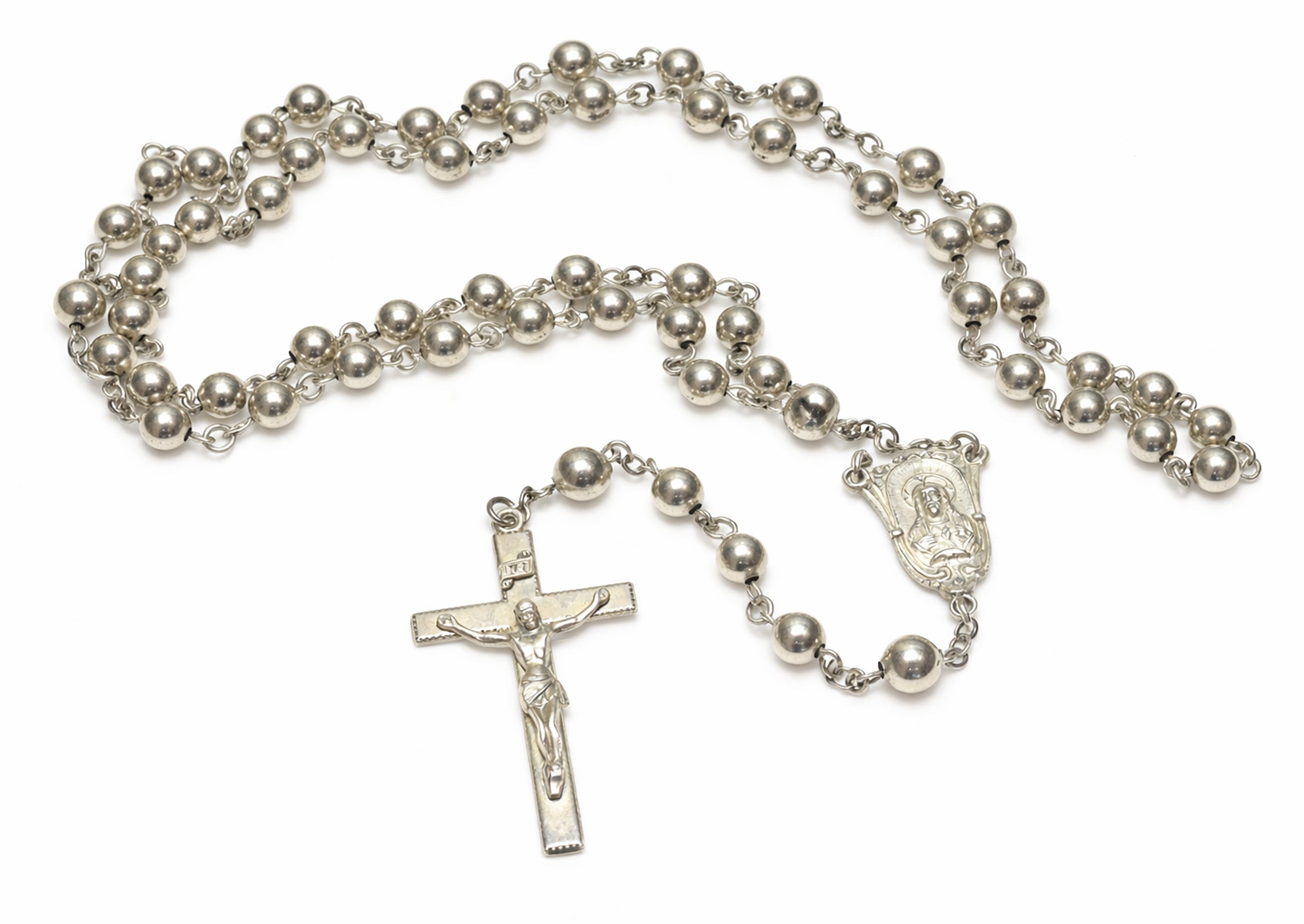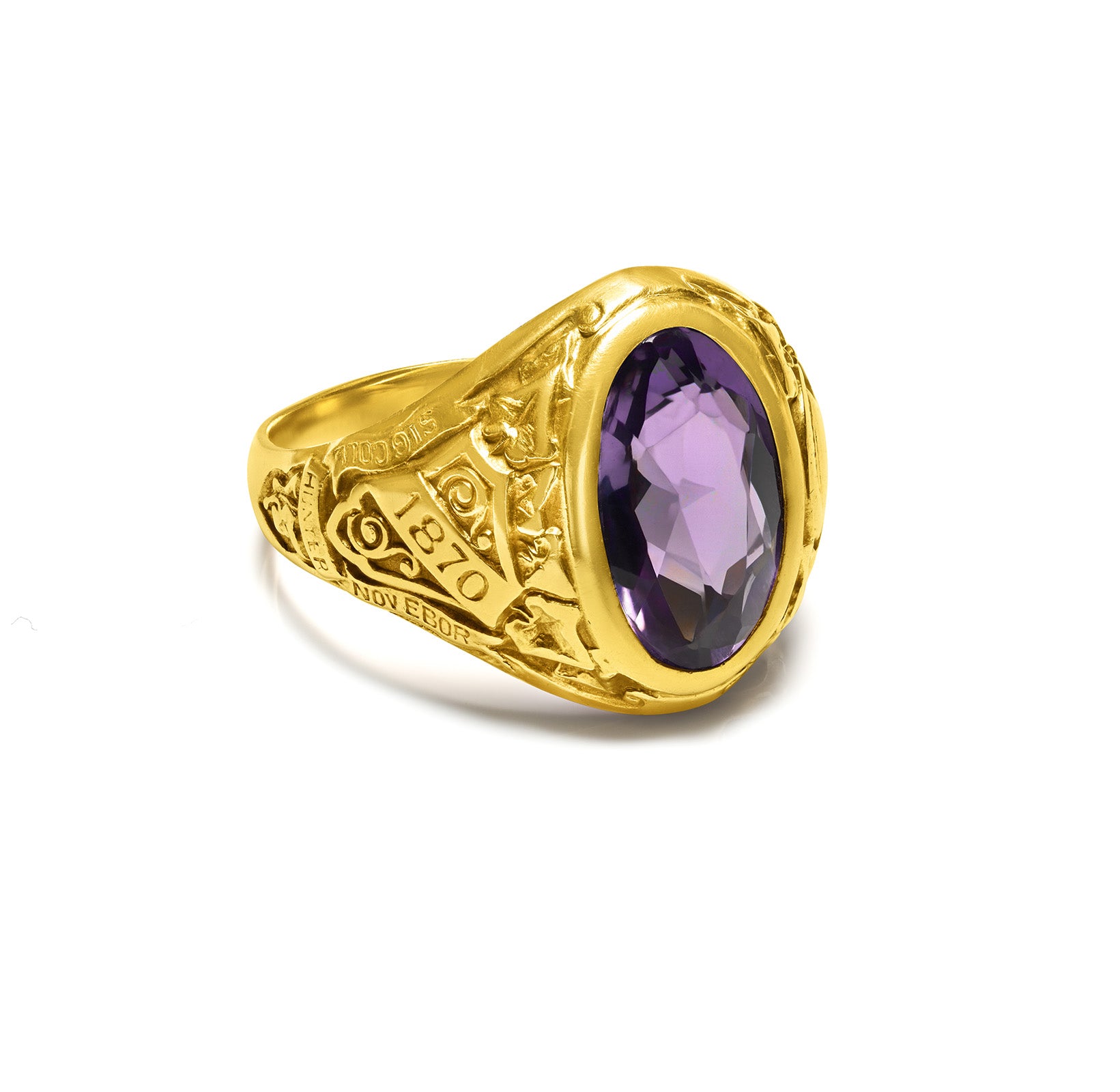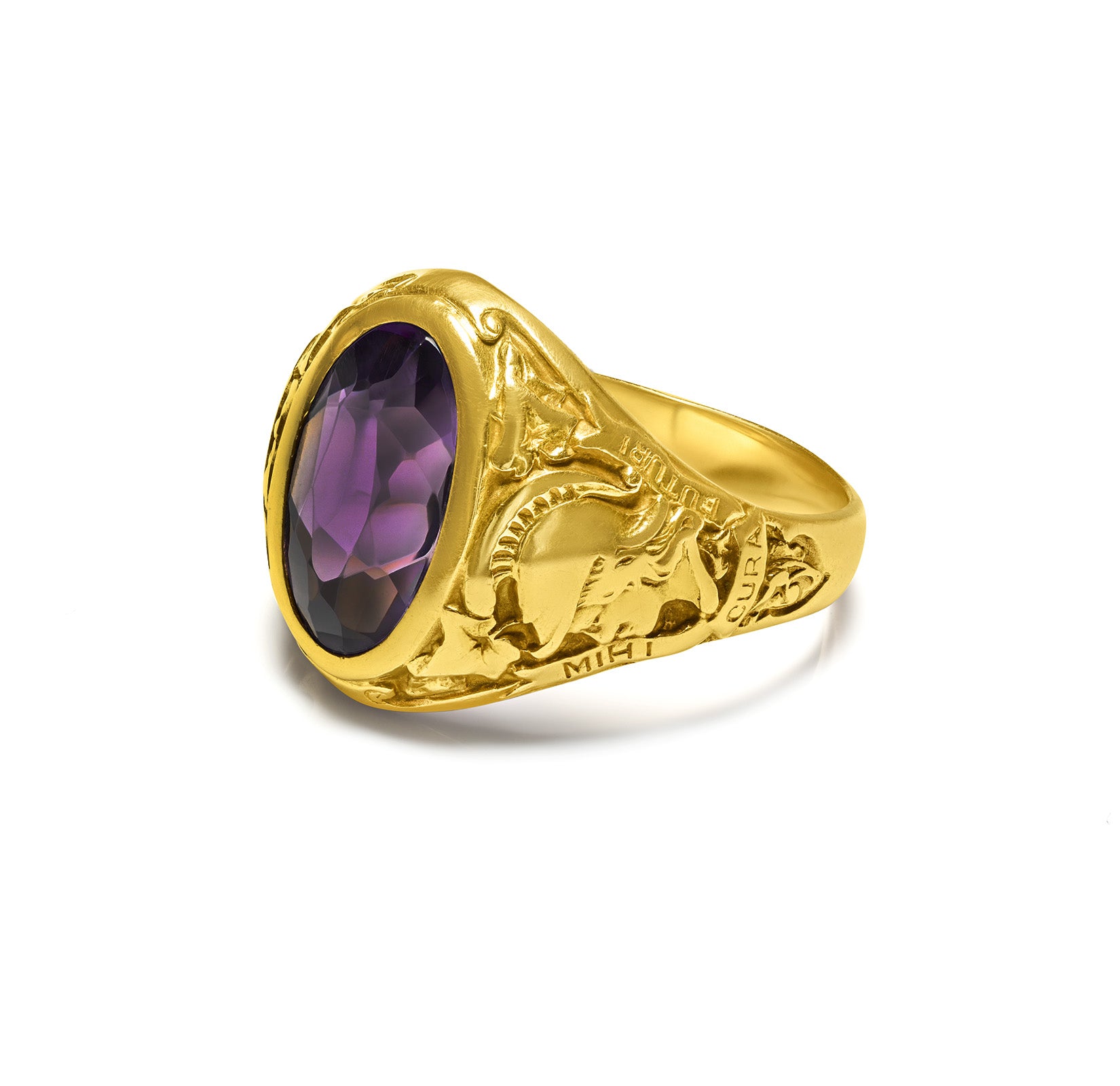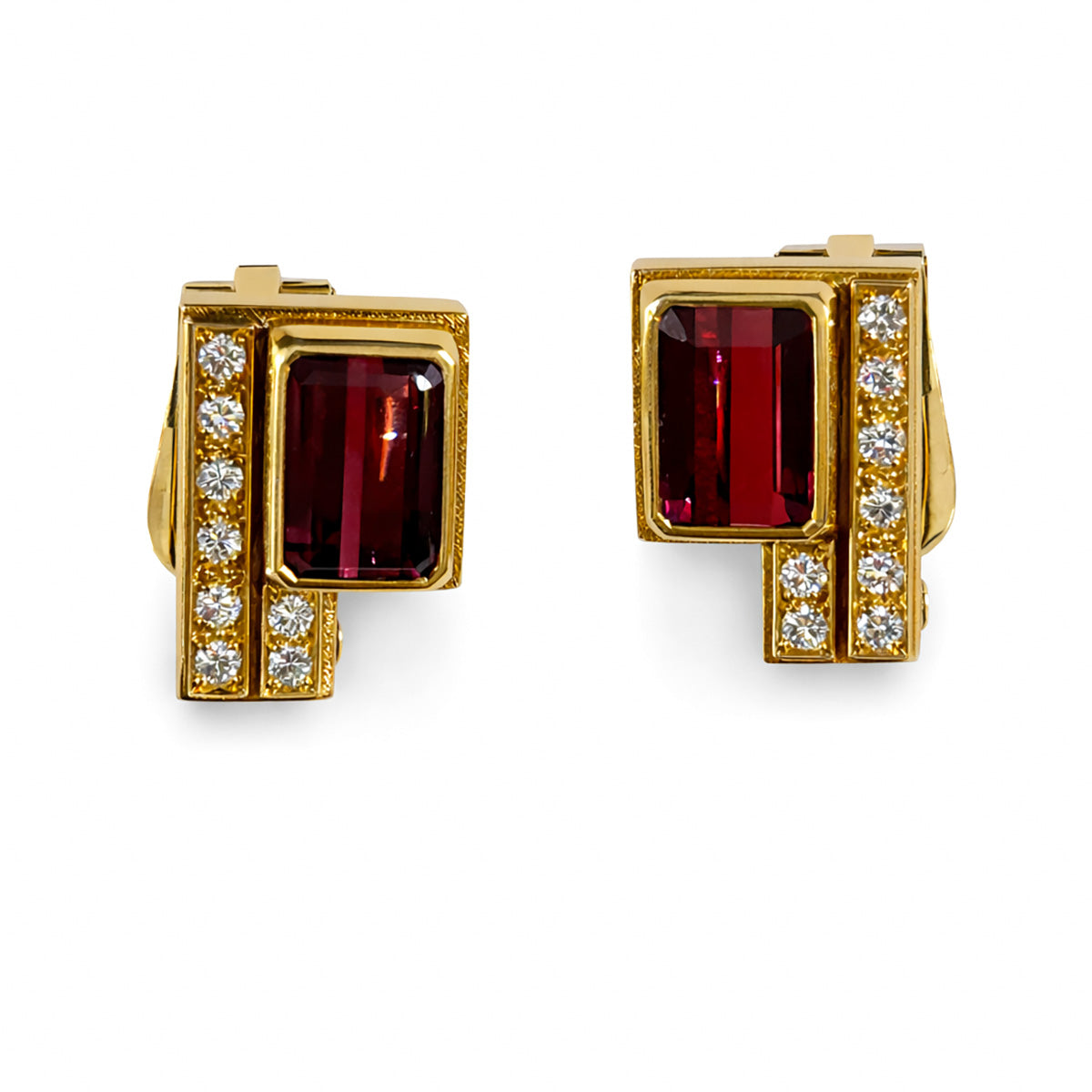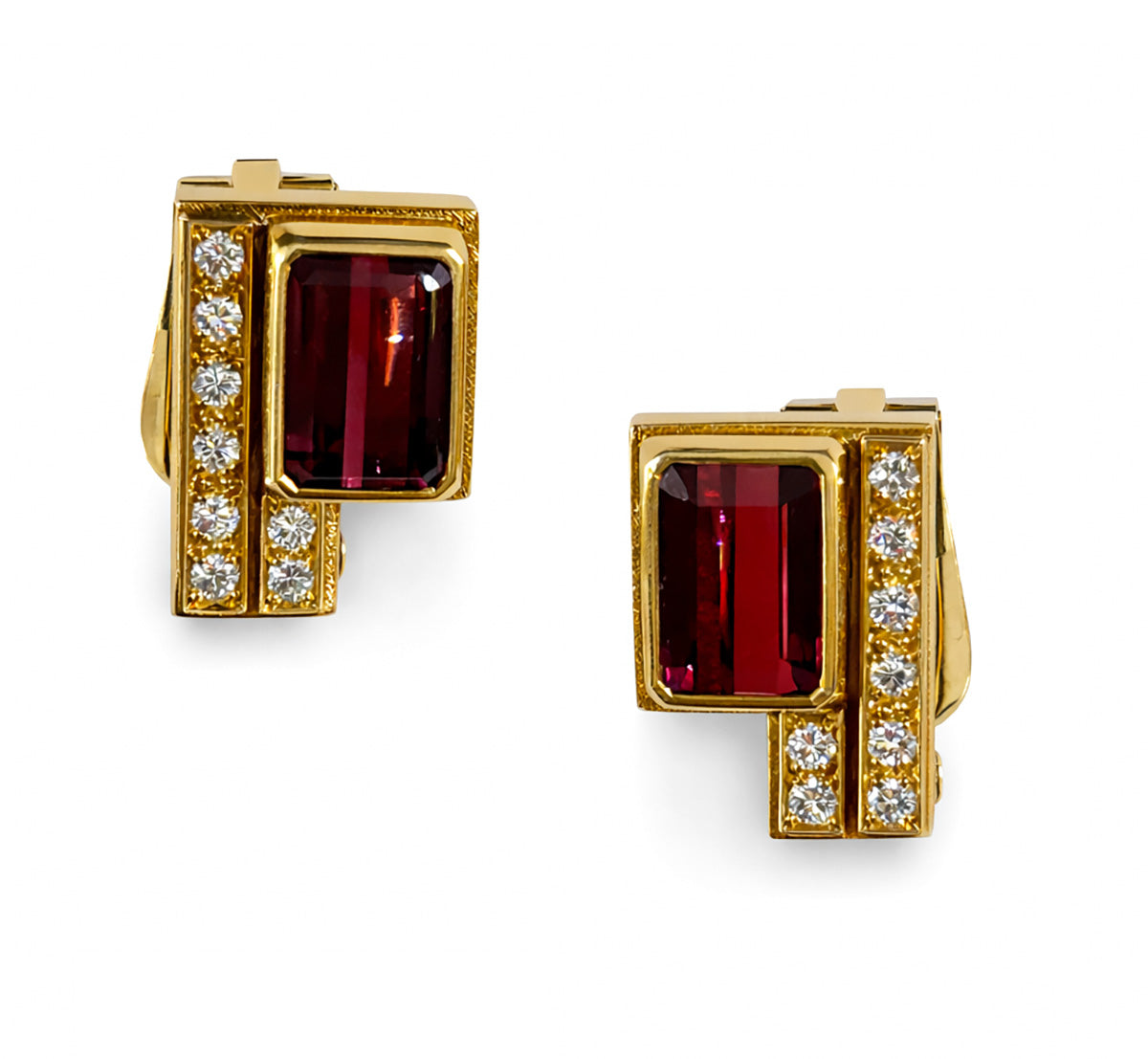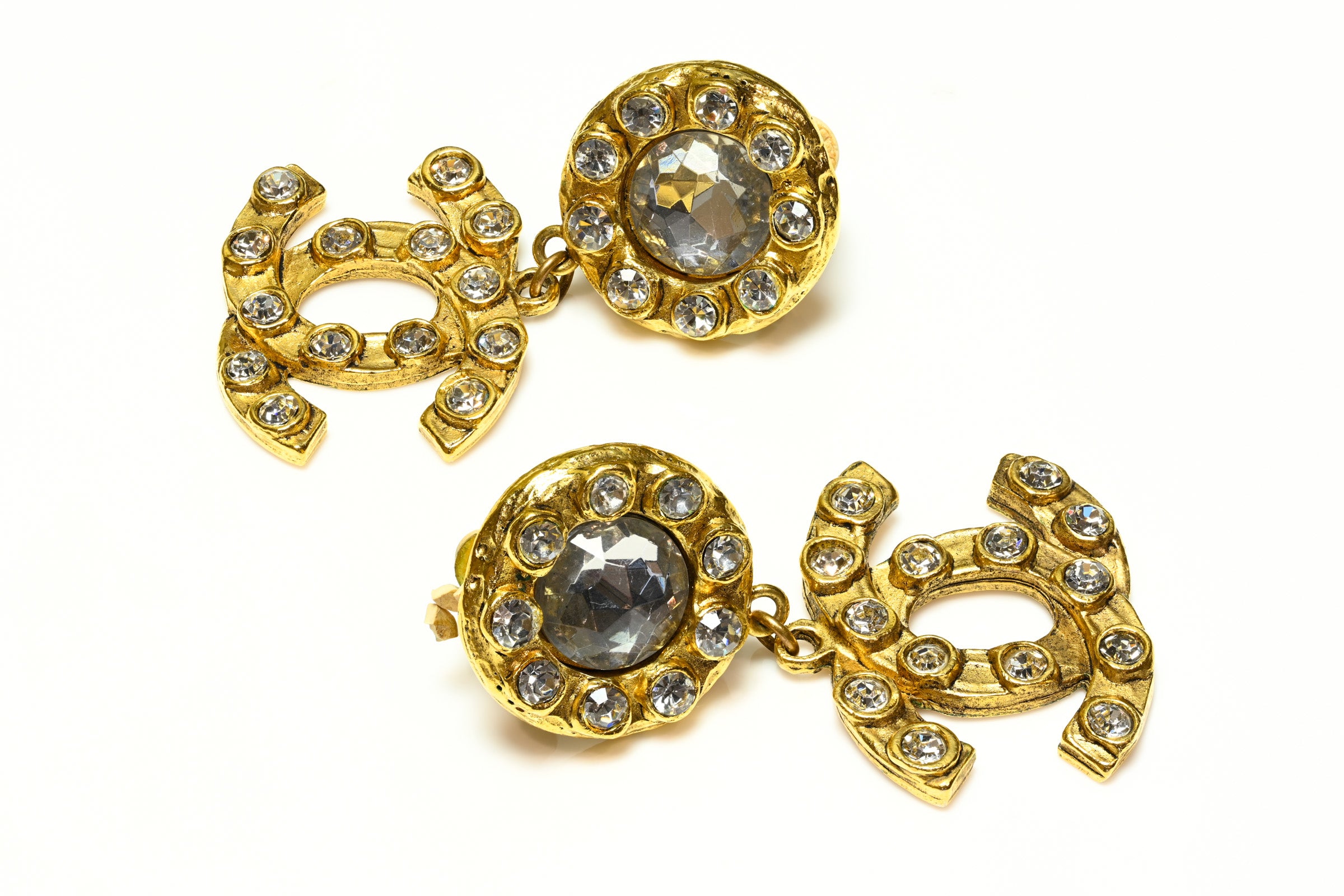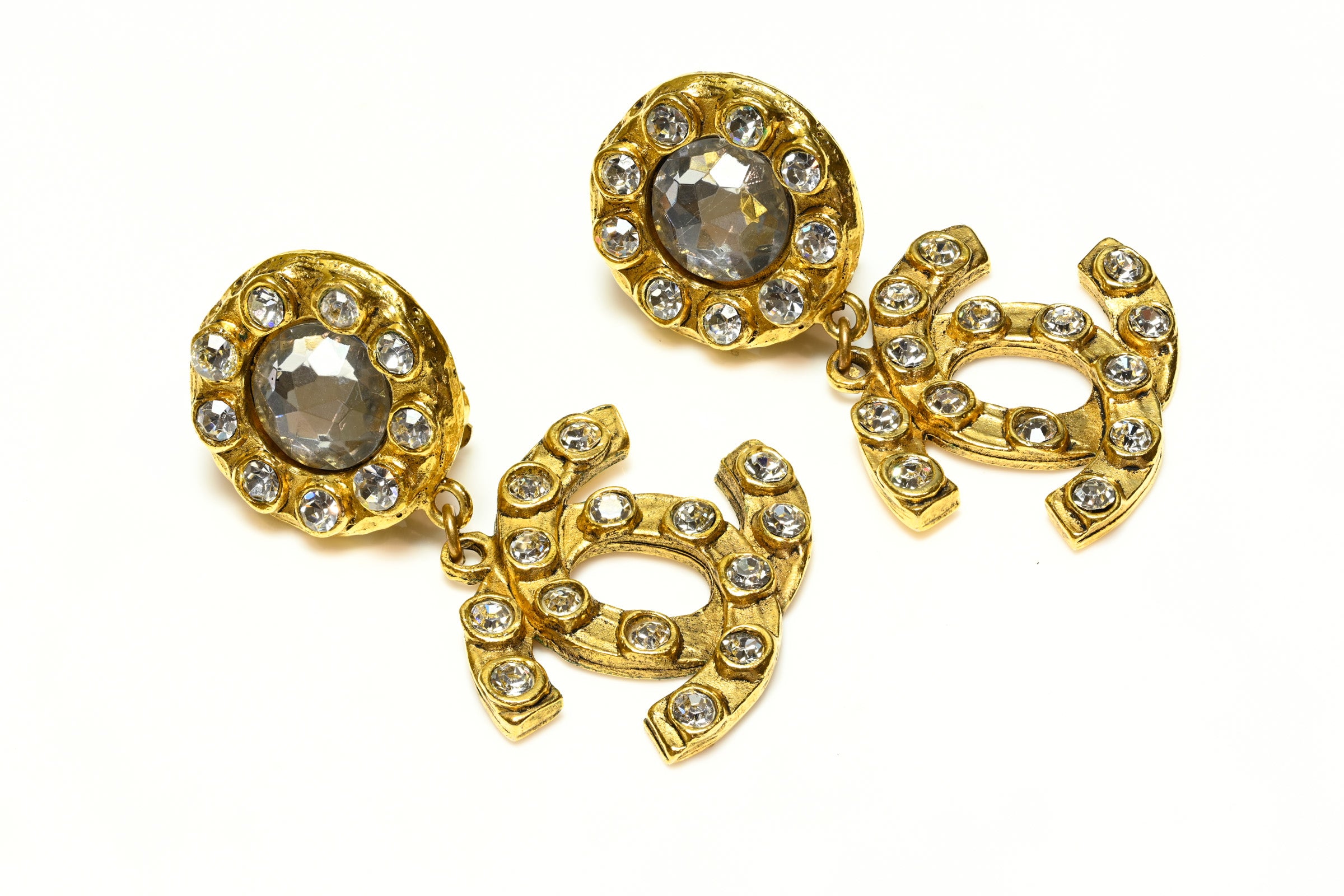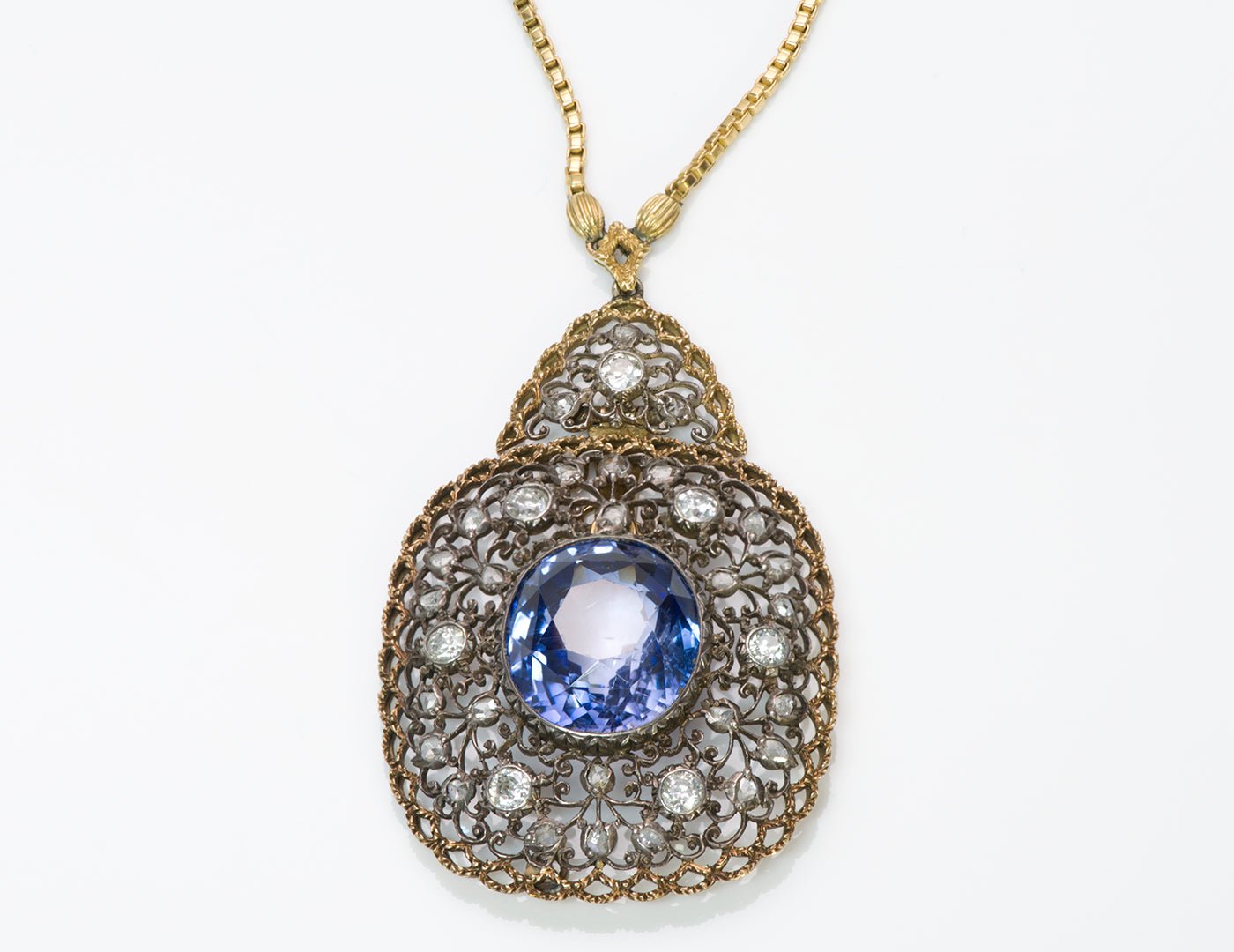
Buccellati: Perfecting Fine Jewelry Over the Course of Three Generations
Buccellati Fine Jewelry
It’s all started in the late-eighteenth century with a goldsmith by the name of Contardo Buccellati perfecting his craft and gaining a reputation for thoroughly done job done and an artistic approach to creating even the most prosaic of goods. In the last 1800s he had a son, Mario, who was to grow into the family business. In 1903, at the age of only 12, Mario Buccellati apprenticed at Milan’s prestigious Beltrami & Beltrami. Over time, Mario Buccellati’s skill was noted and his craft was greatly appreciated by those around him. His work gradually gained him renown, leading to opening of his first jewellery boutique on Largo Santa Margherita in Milan in 1919.
Talented Jewelry Designer With a Hint Of Eccentricity
In less than a year after opening his first jewelry boutique Mario Buccellati gained public attention at Madrid’s exposition. When approached by a woman pushing for a discount on one of the delicate pieces Mario was showcasing, Buccellati hurled the compact mirror the woman wanted, out of the window, shouting “I am not a tradesman!”. Hearing the story, hundreds flocked to his booth, curious as to the work of the unknown jeweler. Spanish aristocracy also presented themselves, including the royal family, who would later become lifelong clients. Mario’s entire inventory was sold that day. Buccellati was then invited to exhibit his work at a solo show.
In 1923 Mario Buccellati received large orders for various jewels from his good friend, the poet Gabriele D’Annunzio. Over the course of the following years, he ordered pieces by the hundreds and became a loyal client. In the years that followed, Buccellati’s work gained a loyal following in Italy and abroad. As his five sons came of age, four of them entered the business: Frederico, Gianmaria, Luca, and Lorenzo. New stores were opened in 1925 and 1929 in Rome and Florence respectively.
Exquisite Buccellati Work and Princess Margaret
Mario Buccellati was the first to introduce the technique of texture-engraving in his jewelry pieces:
- Rigato--parallel lines cut onto the surface of metal--to obtain a sheen effect;
- Telato--fine cross-hatched lines--to obtain linen surface imitation;
- Segrinato--engraving in every possible direction--to create unique overlapping threads-like texture;
- Ornato--engravings in the forms of leaves, flowers, etc--to create more elaborate pieces;
- Modellato--the most delicate engraving technique. It requires reproducing several designs chiseled in three dimensions on a minuscule scale. The technique was mainly used for the decorations of borders.
By the end of World War II the special engraving techniques became widely known hallmark of Buccellati jewelry, watches and fine silverware. So much so, that in 1949 Pope Pius XII commissioned Mario to create an icon for Princess Margaret. The icon was to mark the extraordinary significance of the first visit of Britain's Royal family member to Vatican City in hundreds of years.
Buccellati Jewelry is Highly Sought After By New Yorkers For the Past Hundred Years
Starting mid 1930s, Buccellati’s jewelry pieces grew in popularity among New York’s artistic community. His always handmade, exquisite jewelry pieces with intricate engravings were conversation starters and the orders volume nearly tripled by late 40ss. Mario decided to open his first store in New York, assisted by his son Luca in 1951. Three years later a second store was opened in New York, on Fifth Avenue. Buccellati became the first Italian jewelry designer with a location on Fifth Avenue in New York City.
Together with its distinguished Milanese heritage, Buccellati jewelry making style evokes the glamour of the past while still remaining relevant in the modern world. Buccellati jewelry and silverware pieces reference the great goldsmiths of the Renaissance, with the added elegance of look and feel of the finest silk, damask, tulle, intricate lace, or comfortable linen.

